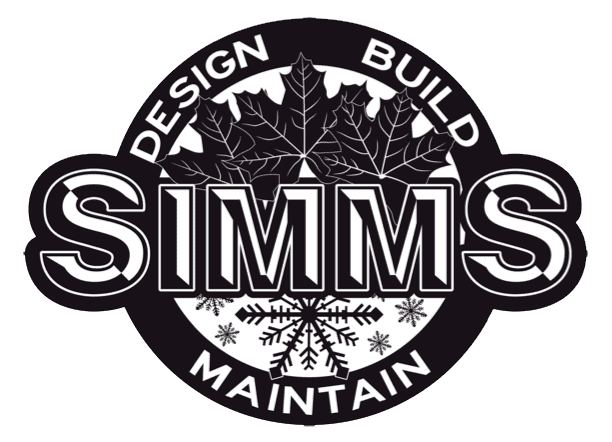Extras often come from unforeseen conditions or vague contracts. Once digging begins, contractors may find irrigation lines, old concrete, buried debris, or poor soil that require additional work. Without a clear agreement, these costs can be added to your bill. Common extras include hauling excess dirt, adding drainage solutions, or installing upgraded irrigation parts. In Utah, rocky soil is a frequent surprise that drives up excavation costs. The key is to review your contract for how “unforeseen conditions” are defined and priced. Ask the contractor to specify unit costs (per cubic yard of soil, per linear foot of pipe) so you’re not blindsided later. Also ask whether they’ll seek approval before charging for extras. Reputable contractors document change orders in writing and get your signature before proceeding. While some extras are unavoidable, many can be anticipated in advance by doing a thorough site walk with the contractor before work begins.
What will a landscape contractor charge extra for once they start digging?
Related FAQs
-
Will a landscape company abandon me after they get paid?
That risk drops when the contract protects you. Require: 1) milestone payments tied to visible work, 2) a written punch…
-
What are the signs of a fly-by-night landscape contractor?
Fly-by-night contractors usually reveal themselves through patterns of behavior rather than one single red flag. They often solicit work door-to-door,…
-
Did my landscape company install the plants I ordered?
The easiest way to verify plant installation is to compare the contract’s plant list to what was delivered and installed…
